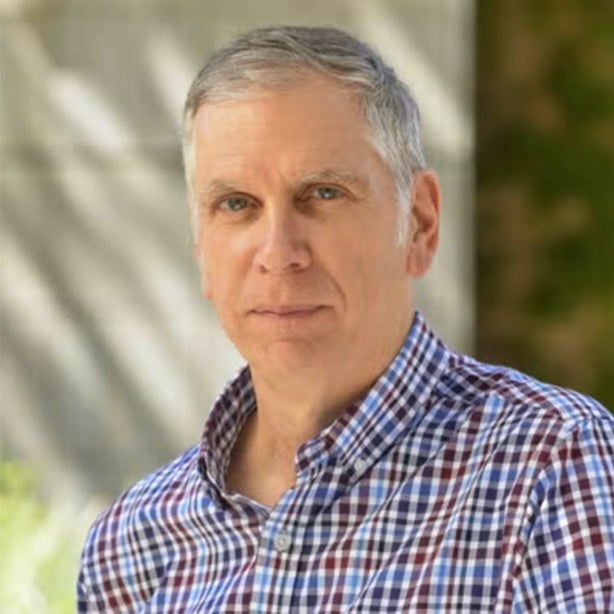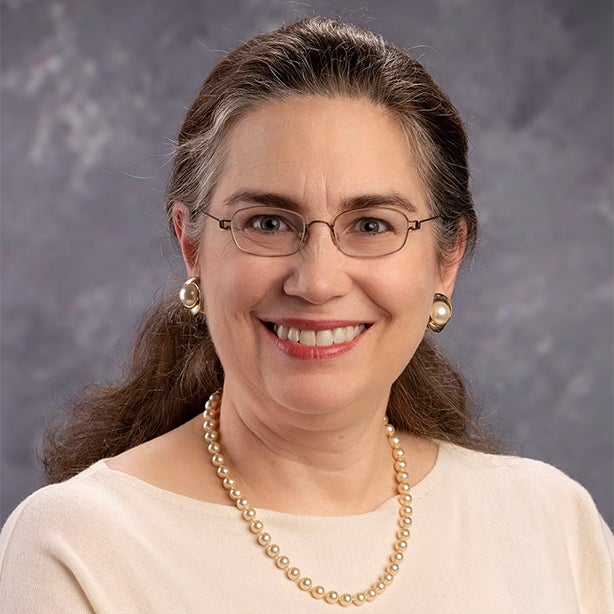Keynote Speakers
During the conference, you can look forward to two keynote lectures featuring prominent scholars and practitioners in economics.
The keynote speakers you’ll hear range from Nobel Laureates to members of the Board of Governors of the Federal Reserve, providing you with invaluable insights into economics.
2025 Keynote speakers

Professor John Donohue, 2025 Keynote Speaker
Professor John J. Donohue III has been one of the leading empirical researchers in the legal academy over the past 35 years. Donohue is an economist as well as a lawyer. He is well known for using empirical analysis to determine the impact of law and public policy in a wide range of areas, including civil rights and antidiscrimination law, employment discrimination, criminal justice and the death penalty, and factors influencing crime, such as guns, incarceration, policing and legalized abortion. Before rejoining the Stanford Law School faculty in 2010 (where he had previously taught from 1995–2004), Donohue was the Leighton Homer Surbeck Professor of Law at Yale Law School. He recently co-authored Employment Discrimination: Law and Theory with George Rutherglen. Earlier in his career, he was a law professor at Northwestern University and a research fellow with the American Bar Foundation. Additionally, he clerked with Chief Judge T. Emmet Clarie of the U.S. District Court of Hartford, Connecticut. He is a member of the American Academy of Arts and Sciences, a Research Associate of the National Bureau of Economic Research and the former editor of the American Law and Economics Review and president of the American Law and Economics Association.
Beth Anne Wilson, 2025 Keynote Speaker
Beth Anne Wilson is the director of the International Finance Division of the Federal Reserve Board of Governors. In this role, she oversees the division’s work monitoring and forecasting the global economy, analyzing key international issues such as movements in global financial and commodity markets and supporting the Federal Reserve’s engagement with foreign central banks and international organizations such as the Group of Seven, Group of Twenty and Bank for International Settlements. In this capacity, she has served as the Board’s representative on the BIS Markets Committee, Committee on the Global Financial System and the Central Bank Deputy for the G7 and G20. She is also responsible for briefing the Federal Open Market Committee on global economic and financial developments. Wilson started at the Board as an economist in the Division of Research and Statistics and joined the Division of International Finance in 1998. She also served as a senior economist at the Council of Economic Advisers and as a visiting professor at Georgetown University. She was presented with the Board’s Special Achievement Award in 2010 for her work leading the Board’s monitoring of the euro-area crisis. She has an active research agenda, most recently focused on the economic implications of uncertainty. Wilson received her B.A. in economics and history from the University of California at Berkeley and her Ph.D. in economics from the Massachusetts Institute of Technology.

Past keynote speakers
2024: Olivier Blanchard
2024: Wendy Edelberg
2023: Lisa D. Cook
2023: Signe-Mary McKernan
2022: Joshua Angrist
2022: Kenneth Rogoff
2021: Paul Romer
2021: Seth Stephens-Davidowitz
2019: Melissa S. Kearney
2019: Hunt Allcott
2018: Augusto Lopez-Claros
2018: George Akerlof
2017: Jason Furman
2017: Nobuhiro Kiyotaki
2016: Professor Rodney Ludema
2016: Daniel Kaufman
2015: Dr. Rajiv Shah
2015: George Akerlof
2014: Peter Diamond
2014: Martin Ravallion
2013: John B. Taylor
2013: Janet M. Currie
2012: Jonathan Levin
2011: Joseph Stiglitz
2011: Jagdish Bhagwati
2010 & 2008: Philip I. Levy
2010: Robert C. Merton
2010: Lant Pritchett
2009: Eric S. Maskin
2009: Nassim Nicholas Taleb
2008: Susan C. Athey
2008: Steven Radelet
2007: Grant D. Aldonas
2007: François Bourguignon
2006: Thomas C. Schelling
2006: Kemal Derviş
2005 & 2002: Edwin M. Truman
2005: William Easterly
2005: Maurice Obstfeld
2004: John F. Nash, JR.
2004: Peter R. Orszag
2003 & 2002: John Williamson
2003: R. Glenn Hubbard
2002: Lawrence B. Lindseyrence B. Lindsey